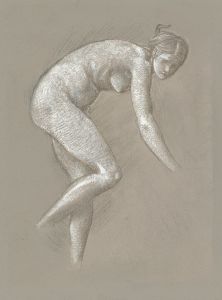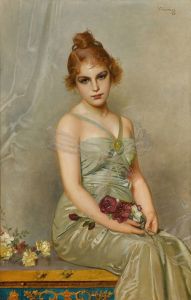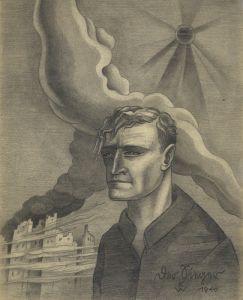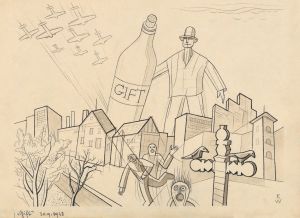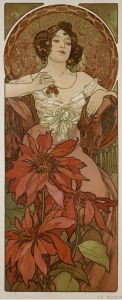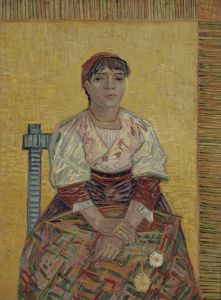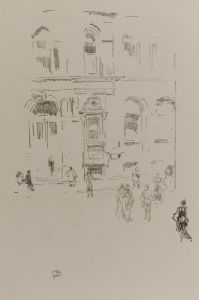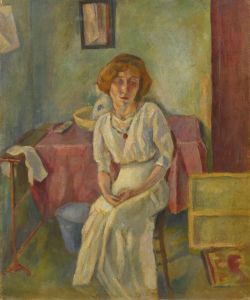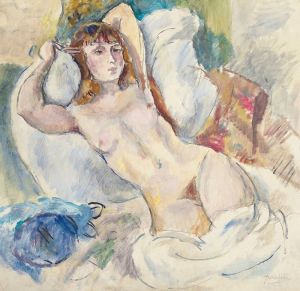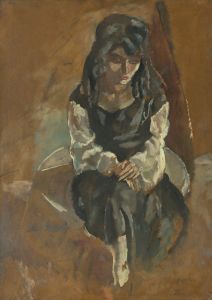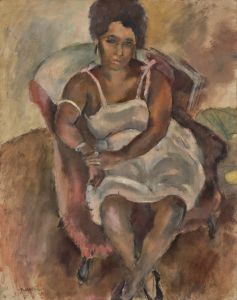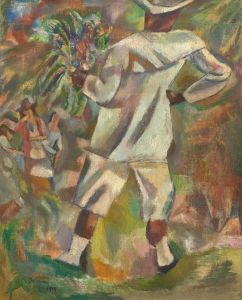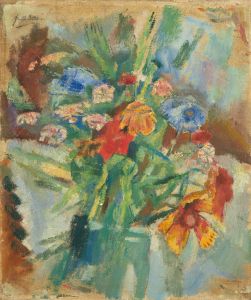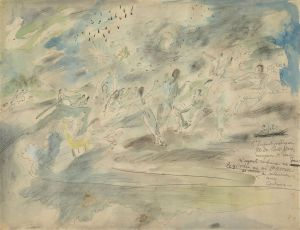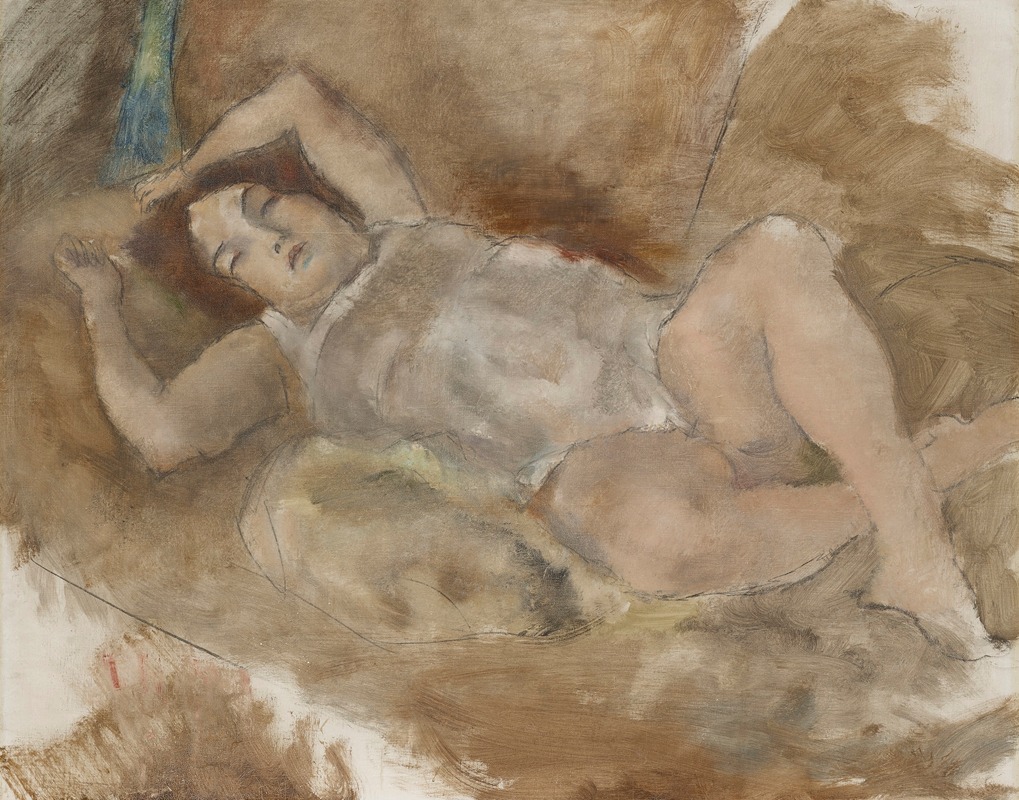
Nu allongé
A hand-painted replica of Jules Pascin’s masterpiece Nu allongé, meticulously crafted by professional artists to capture the true essence of the original. Each piece is created with museum-quality canvas and rare mineral pigments, carefully painted by experienced artists with delicate brushstrokes and rich, layered colors to perfectly recreate the texture of the original artwork. Unlike machine-printed reproductions, this hand-painted version brings the painting to life, infused with the artist’s emotions and skill in every stroke. Whether for personal collection or home decoration, it instantly elevates the artistic atmosphere of any space.
Jules Pascin, a Bulgarian-born artist known for his association with the École de Paris, created "Nu allongé" (Reclining Nude) as part of his extensive body of work focusing on the human figure. Pascin, whose real name was Julius Mordecai Pincas, was celebrated for his sensitive and intimate portrayals of women, often depicted in states of repose or vulnerability. His works are characterized by their delicate lines, soft color palettes, and an emotional depth that reflects his personal struggles and the bohemian lifestyle he led.
"Nu allongé" exemplifies Pascin's mastery of the nude form, a recurring theme in his oeuvre. The painting portrays a reclining female figure, rendered with a sense of tenderness and introspection. The composition highlights Pascin's ability to capture the subtleties of human anatomy and emotion, using fluid brushstrokes and muted tones to create a sense of intimacy and immediacy. The subject's pose, often described as languid and natural, reflects the artist's interest in depicting unguarded moments of human existence.
Pascin's artistic style was influenced by a variety of movements, including Impressionism and Post-Impressionism, as well as his exposure to the vibrant artistic communities of Paris in the early 20th century. His works often straddle the line between realism and abstraction, emphasizing mood and atmosphere over strict adherence to detail. "Nu allongé" is a testament to this approach, showcasing his ability to evoke emotion through simplicity and restraint.
The painting is also indicative of Pascin's broader artistic concerns, including his fascination with the female form and his exploration of themes such as beauty, sensuality, and melancholy. These themes are recurrent in his work and reflect both his personal experiences and the cultural milieu of his time. Pascin's life was marked by periods of intense creativity as well as personal turmoil, and his art often serves as a window into his complex inner world.
While specific details about the creation and provenance of "Nu allongé" are limited, the work remains an important example of Pascin's contribution to modern art. His ability to convey the fragility and complexity of human emotion continues to resonate with audiences, securing his place as a significant figure in the history of 20th-century art.





